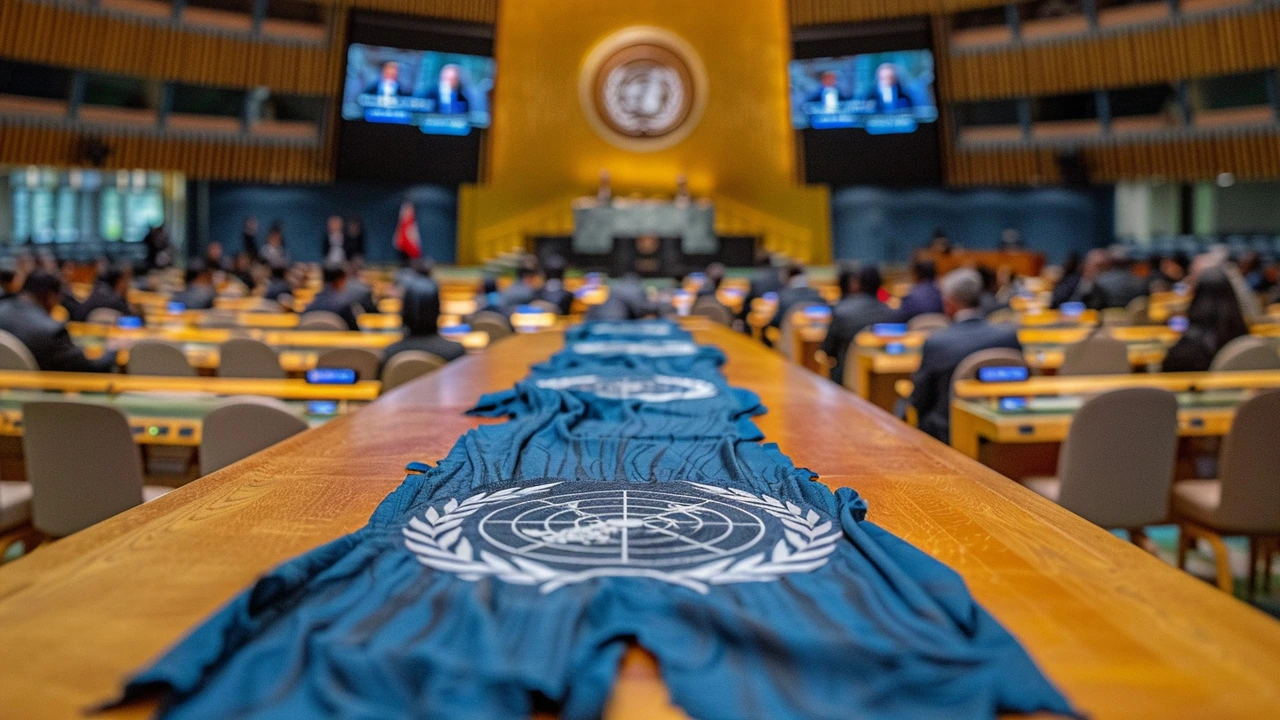International Condemnation: What It Means and Why It Matters
When countries or international bodies speak out in disapproval against actions or policies, that's international condemnation in action. It’s more than just words—it sends a strong message that certain behaviors won’t be tolerated by the global community. This can come after events like human rights violations, conflicts, or controversial political moves that draw widespread attention.
So why does it grab headlines? Because international condemnation often leads to consequences, such as economic sanctions, diplomatic pressure, or legal inquiries. These reactions aim to push the offending party towards change without starting conflicts. It’s a powerful tool in global diplomacy, showing that unity and shared values exist beyond borders.
How Does International Condemnation Play Out in Real Life?
Take a conflict or a political scandal—when multiple countries or groups publicly condemn an act, it isolates the source internationally. For example, if a government suppresses protests violently, global leaders may issue statements condemning the violence. This can discourage further harmful actions and encourage dialogue. Sometimes it even triggers economic sanctions or trade restrictions to back up the message.
But not all condemnation leads to immediate changes. Sometimes, it highlights divisions too, revealing who stands where on sensitive topics. For instance, certain nations might withhold condemnation due to political alliances, making the global response a patchwork rather than a united front. Understanding these dynamics helps us decode international headlines better.
Why Should We Care About These Global Reactions?
Because they shape the world we live in. International condemnation can pressure leaders to rethink decisions or respect human rights. It also informs us about the values and priorities guiding global diplomacy. For everyday people, this means being aware of how interconnected the world is and how countries hold each other accountable.
Keep an eye on these stories—they reveal a lot about power, justice, and where nations stand on critical global issues. And if you’re curious about current events driven by international condemnation, South Africa Buzz News keeps you in the loop with the latest updates and insightful coverage.

UN Security Council Convenes Emergency Meeting After Deadly Rafah Strike
The UN Security Council is holding an emergency meeting to discuss the Israeli strike on Rafah that killed dozens, including civilians in a displaced persons camp. This event has sparked international outrage and condemnation, with calls for Israel to protect civilian lives. The Israeli military and government have launched an investigation into the incident.